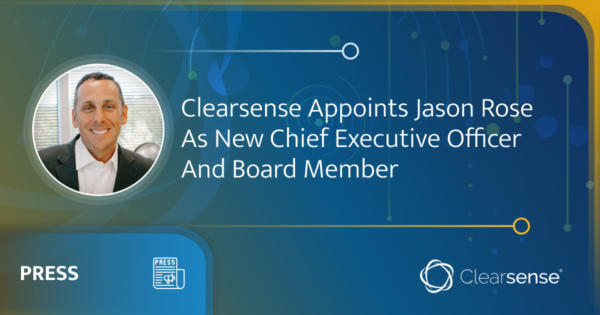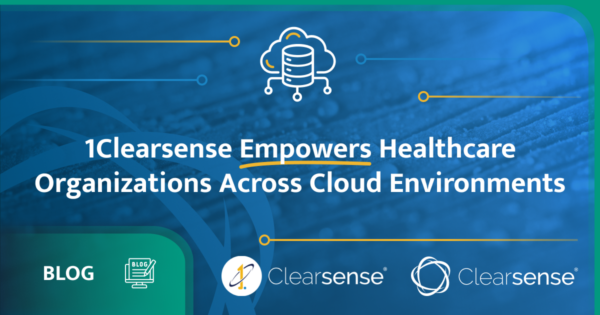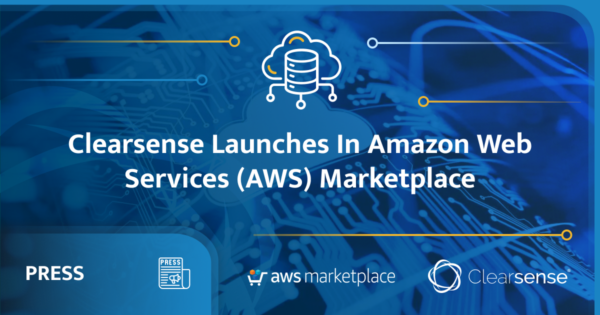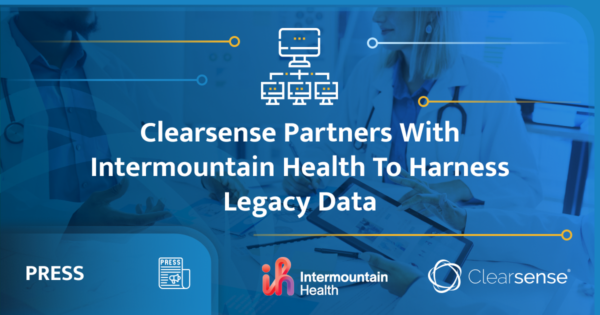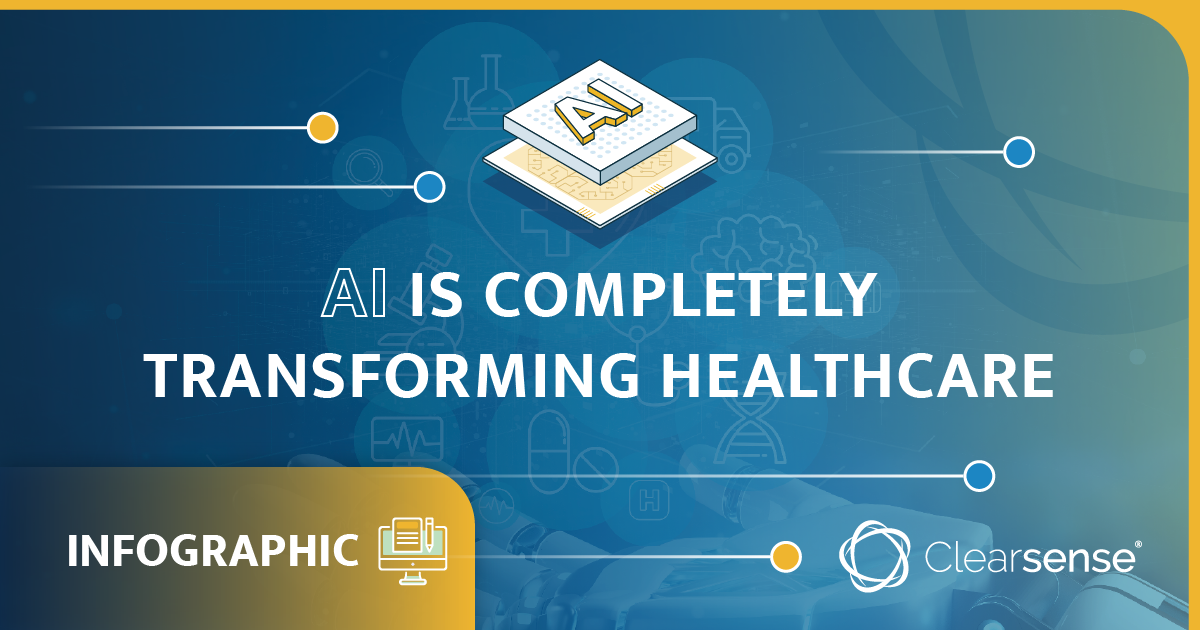
“Advances in AI have the potential to transform many aspects of healthcare, enabling a future that is more personalised, precise, predictive and portable.” Royal College of Physicians, Future Healthcare Journal (July 8, 2021.)
Healthcare is experiencing a data revolution, creating efficiencies and bettering overall patient health. Anupriya Ramraj, Partner, Cloud & Digital at PriceWaterhouse Coopers believes AI transformation comes down to 3 vital parts—working together in partnership—especially when it comes to bettering lives. We couldn’t agree more.
“It’s more imperative than ever to bring personalization and efficiency into the patient, physician, and operator experience. The positive is that we are now ready with technology powered by AI to speed up this transformation journey.”– Anupriya Ramraj
For Patients
For Providers
For Payers
Patient + Provider Education is Key
AI is transforming patient, provider, and payor care—that’s why it’s so important patients are educated about the benefit of adding AI to human care. A recent Pew Research Study found “fewer than half (of patients) in the U.S. expect artificial intelligence in health and medicine to improve patient outcomes.” The same study noted that “a larger share of Americans think the use of AI in health and medicine would reduce rather than increase the number of mistakes made by health care providers (40% vs. 27%).” <Mike, can we pull over the graphs here?>
MedPageToday shared that discussing AI early with providers can make all the difference— “Medical training should prepare students to tease out the preferences and values of a patient to better inform patient-centered care plans that integrate the medically “right” answer with the patient’s economic and psychosocial environment.” That’s exactly where the tools of the future come in.
Here are 3 ways AI can help transform provider efficiencies and patient care:
- Triaging patients with simple needs to local clinics or telemedicine, while working with more complex patients to identify gaps in care. (Source: https://www.medpagetoday.com/opinion/second-opinions/103212)
- Creating efficiencies and decreasing time for diagnostics, allowing clinicians to intervene before medical crises occur by utilizing predictive modeling. (https://www.forbes.com/sites/forbestechcouncil/2022/12/12/reimagining-healthcare-with-ai-three-key-areas-for-transformation/?sh=177b51a75b5c)
- Improve population health through interpretable AI, allowing care teams to look deeper at populations and increase visibility on broad, community-related factors as well as patient-level data. (https://www.medicaleconomics.com/view/how-artificial-intelligence-can-improve-patient-care)








